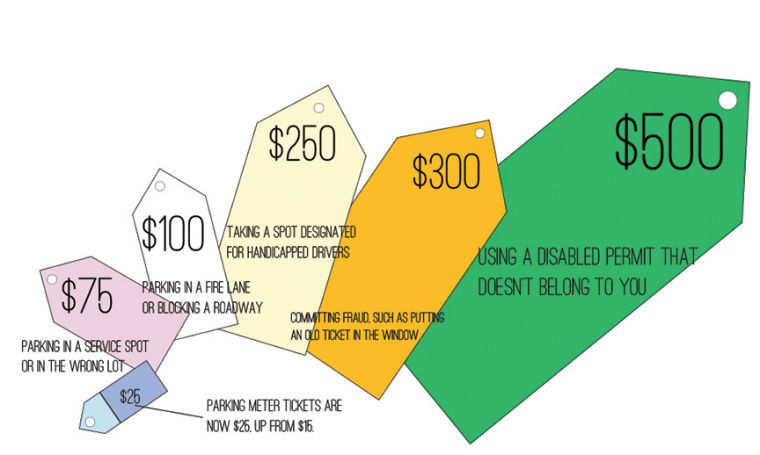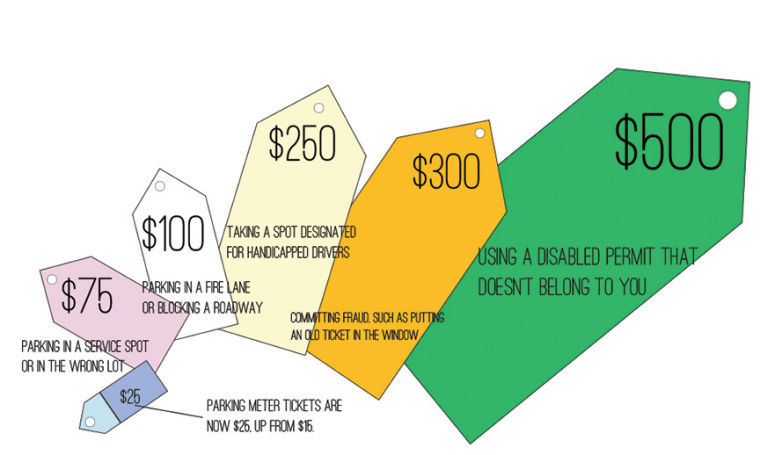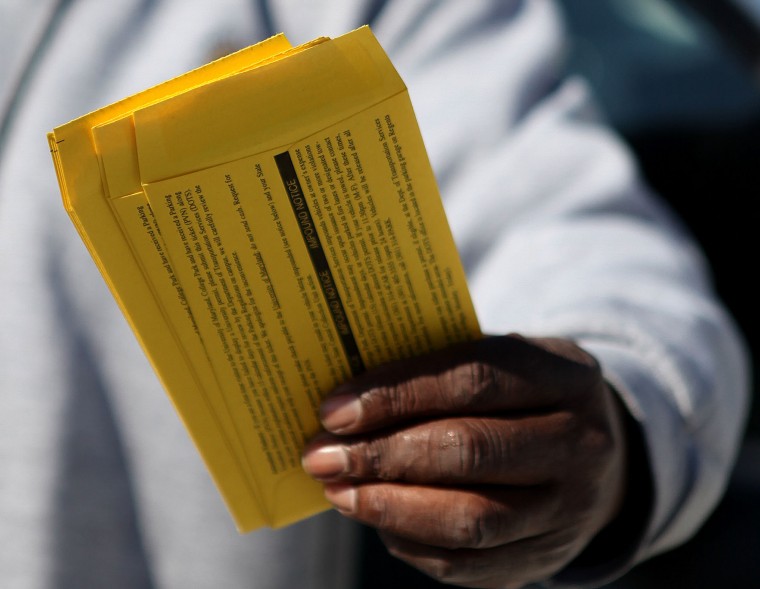Parking on the campus is never an easy feat. Many students and visitors walk back to their cars, only to have their stomachs sink at the sight of the yellow ticket sitting on their windshields.
Some feel they’ve had this experience all too often. But the Department of Transportation Services uses the money from parking tickets for its general fund to help offset parking and shuttle fees for the campus community.
DOTS issued 82,725 parking tickets to campus drivers last year. The department has seven ticket writers at a time enforcing the campus’ parking policies, though officials said these employees do not have a quota to meet.
“DOTS is about the only thing on this campus that is too efficient at what it does,” said Ross Seidman, a sophomore government and politics major.
The money generated from parking tickets mainly goes toward supporting the Shuttle-UM buses, DOTS Director David Allen said. Since the department hopes to reduce the number of cars on the campus, they hope charging steep parking rates will deter drivers from bringing their cars on the campus, Allen said.
Fines are doled out based on how much the department does not want drivers to do something, Allen said, rather than on what funds DOTS needs. The University Senate’s Campus Transportation Advisory Committee determines the fines.
Parking meter tickets are now a $25 fine, up from $15. Inconveniencing another driver by parking in a service spot or in the wrong lot carries a $75 fine, while safety issues — such as parking in a fire lane or blocking a roadway — will result in a $100 ticket.
Those who take a spot designated for handicapped drivers will be slapped with a $250 fine, and committing fraud, such as by putting an old ticket in the window, carries a $300 fine.
The steepest citation, which comes from drivers using a disabled permit that doesn’t belong to them, costs $500.
Even though the money from tickets helps decrease fees, many students said they find themselves paying hundreds of dollars in tickets. Stephanie Heuber said she has received at least three or four parking tickets.
“They don’t need to write this many. If you run your laundry into the dorm and are gone for maybe five minutes, you come back and there is a ticket,” the senior animal sciences major said. “They cost more than a speeding ticket.”
Heuber said the department needs to be more clear about which lots students can park in.
“When I was a freshman, I had no idea which lots were free after four, and one of my very first tickets was issued because I parked in a space where this rule did not apply,” she said.
And many students had similar sentiments, believing the parking policies are not consistent across the campus.
“They could definitely do more to educate students about the different types of citations and the differing costs,” Seidman said. “They should be more explicit with certain spots around campus.”
Some campus lots are free after 4 p.m., but there are often spaces reserved for service vehicles or ones that are only free after 8 p.m. These variations can make navigating the university’s parking policies confusing, Heuber said.
But DOTS officials said they work to ensure as few people as possible end up with tickets because of misunderstandings.
“We try to make everything as clear as possible so that people don’t get tickets inadvertently,” Allen said. “Once we’re able to eliminate that problem, the only tickets being issued are to those who choose to violate parking policy.”
Some drivers will only put an hour in the meter, even if they know more time is needed, Allen said, and others choose to park in lots they don’t have permits for.
“The $75 tickets are a bit excessive, and the $25 ones for meters can definitely be ridiculous, especially when the meter is only expired by a couple of minutes,” Seidman said.
But even he agrees these high costs serve as a decent deterrent.
“People often say that $75 is too much for a citation,” Allen said. “But tickets aren’t supposed to be affordable — they should catch people’s attention. If they were, drivers wouldn’t do what they’re supposed to.”
If the department didn’t issue as many citations, however, parking fees for drivers would go up, Allen said. DOTS wrote twice as many citations a year two decades ago, he added.
“I’ve been here for 27 years, and this past year we’re seeing the least amount of money come from citations than ever,” Allen said. “It’s not that people are conforming more to regulations. It’s just that there are fewer cars registered to park.”
Parking tickets are a nagging problem for many students, who say the Department of Transportation Services is too quick to dole out fines.





